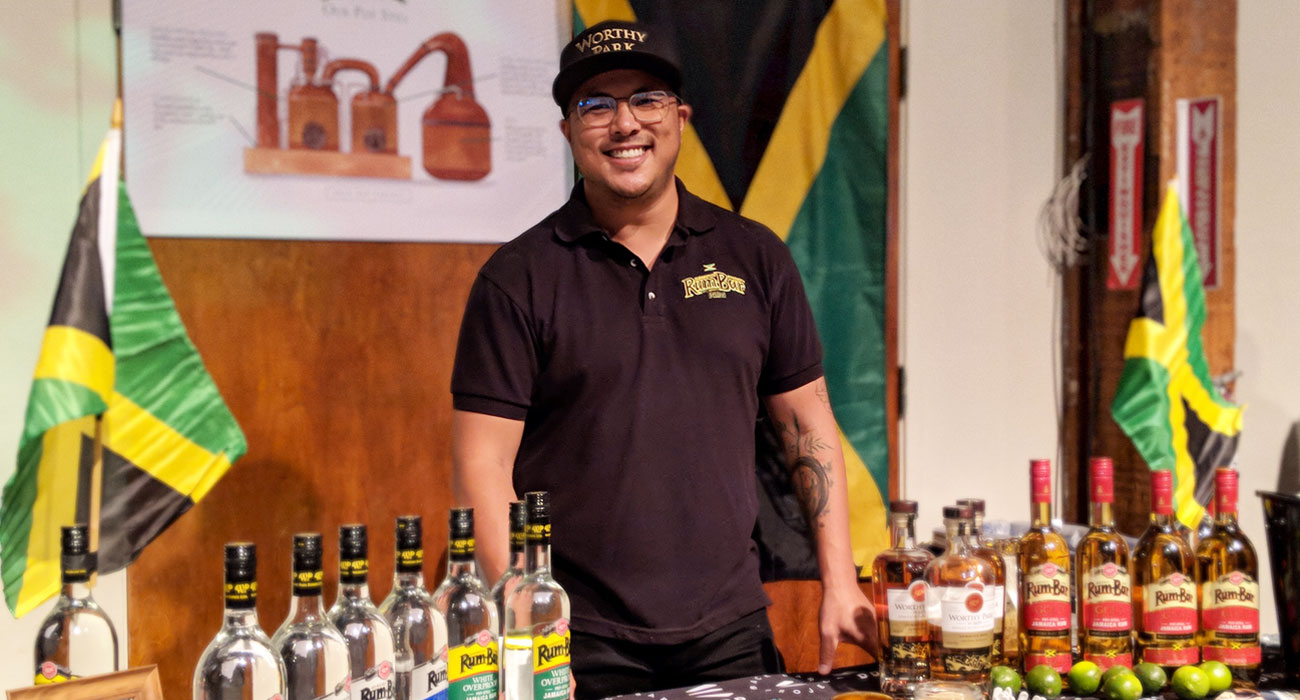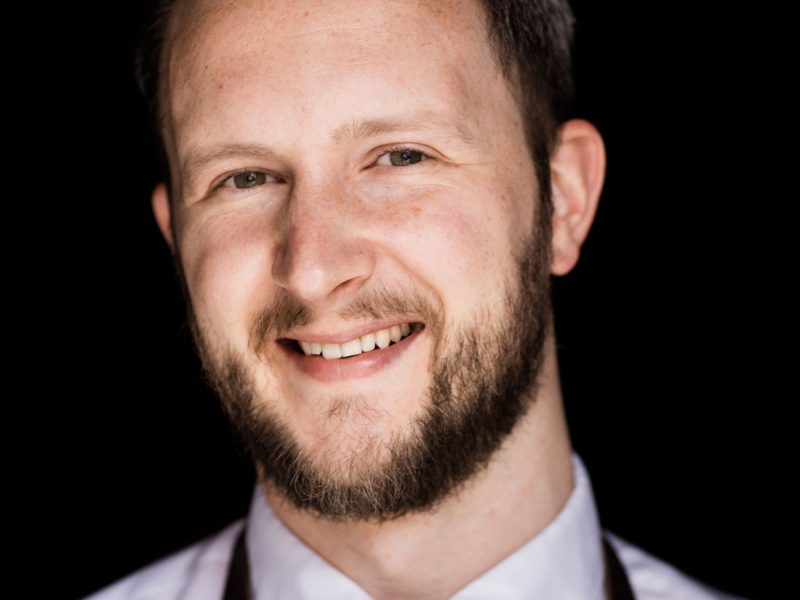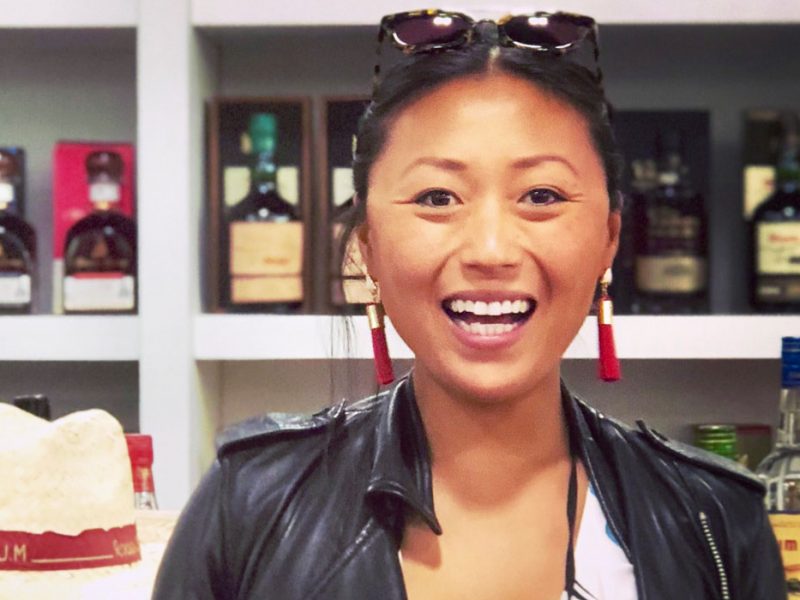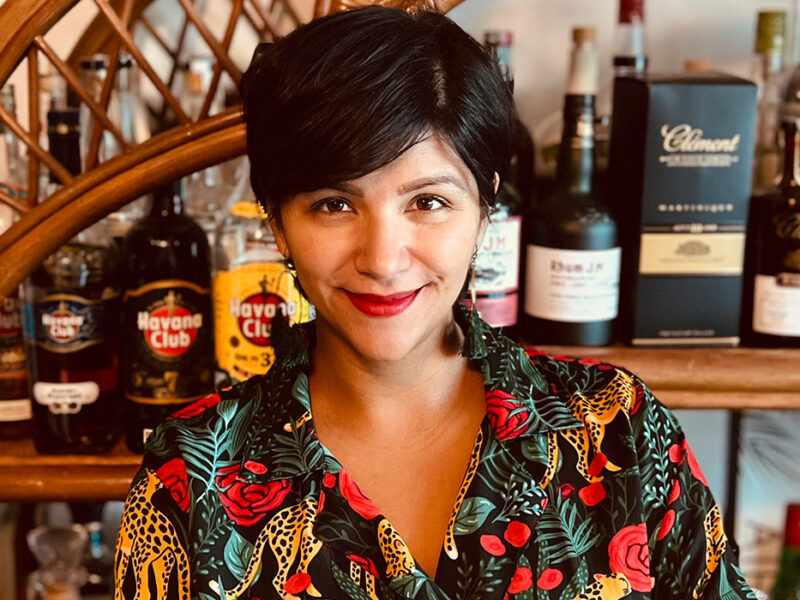Rum.
To some, it’s a cheap booze you mixed with Coke and drank in college. To some, it’s the next big thing in the spirits world. To some, it’s just another category of spirits for their cocktail menu. To some, it’s a hobby, and to some it’s a way to try to make a quick buck. To some, it’s a sweet sugary spirit and to some, it’s a fine spirit to be drank and enjoyed alongside the best whiskeys.
I was born and raised in Canada as a first-generation Canadian. The majority of my family going back three or four generations before me are all Jamaican—Chinese-Jamaican, if you want to be specific. But growing up in Jamaica, rum is the spirit of the island, and far supersedes being just another spirit. Your exposure to rum on the island happens a lot earlier, and there is a deep-rooted cultural aspect to rum drinking, rum bars, and rum use on the island. You cannot talk about the history of most Caribbean islands without talking about slavery, colonialism, and the sugar trade. Thus, you cannot talk about the Caribbean without discussing rum’s history and impact on it. But that’s for another day, and there are some great writers who have traced and explored that side of the rum world who are better qualified to tell you about it!
Like many Jamaicans, I grew up with the subconscious knowledge that every house had a bottle of “whites,” or white rum. I’m not talking about your run-of-the-mill, 40% ABV, light-tasting rum. I’m talking about your heavy-bodied, 63%, Jamaican White Overproof.
But coming from parents who didn’t drink too much rum, I spent my formative years in blissful ignorance that you actually drank it! I thought it was something you used when you were sick. Have a fever? Soak rum in a rag and dab it on your forehead. Stuffy nose? Why not just open the cap and take the biggest whiff you can? That should open up your sinuses in no time. Or soak it some some ganja for a pain reliever.
If you built a new house, you christened it by splashing some rum in the corners to chase away the duppies.
Isn’t it an ingredient for food? You can’t have a Jamaican Christmas cake that hasn’t been soaked in rum, and you need it for the “adult” eggnog.
Then, of course, in Jamaica, the culture around rum is—how to say it—a lot looser than our North American counterparts. Don’t get me wrong, it’s not to say that there are a bunch of kids being fed alcohol by their parents, but it is to say that you grow up with rum being served at all types of events and family functions so that you don’t have a stigma around it. I’m pretty sure I had my first sip of rum early in my teens at a family function.
You also can’t forget about the rum bars that dot both city and countryside across Jamaica. At last estimate, there were about 20,000 in the nation. These are more than just bars: They act as a social hub in many communities—a place to hang out to catch up on the local gossip, eat some food, play some dominoes, or solve the world’s problems (after a rum or two of course).
Rum also means employment. Being Jamaican-owned and Jamaican-operated, it means bringing money directly back to the island.
I’m such a big proponent of spreading “Brand Jamaica” worldwide, breaking down the misconceptions people have of the island and being able to show them a different side of the island. Thankfully, working for a Jamaican-owned company producing some authentic Jamaican rum allows me to combine both my personal passion with my work! Can’t beat that!




